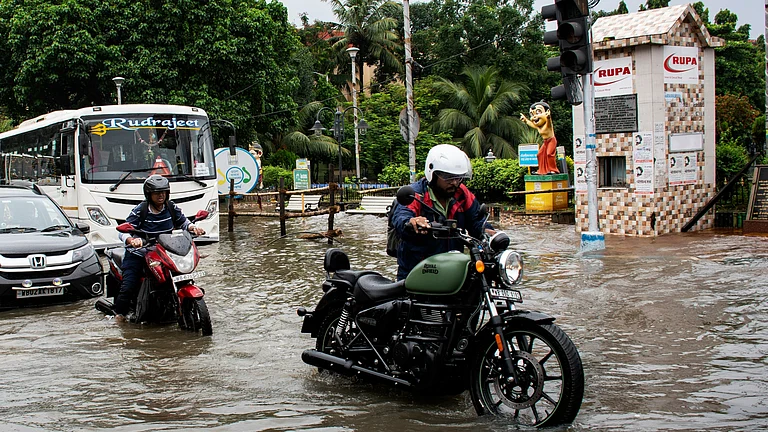India's tea prices are rising and are likely to remain same as extreme weather conditions have severely affected the tea producing areas. Unprecedented heatwaves and floods during the peak harvest season have aggravated the situation, as per a report by Reuters.
"Extreme weather events are hurting tea production. Excessive heat in May, followed by ongoing flooding in Assam, are reducing output," said Prabhat Bezboruah, a senior tea planter and former chairman of India's tea Board.
Although the price rise is a concern, there's silver lining in it for the struggling Indian tea industry. The rising prices could actually help in covering the increasing cost of production as in the last decade the industry has seen negligible rise. On top of this the government's order to ban 20 pesticides added to the misery of tea producers.
In April the heatwave reduced the production which had its impact on prices as they started surging. In fact, in the last week of June, average tea prices went up to Rs 217.53 per kg according to Tea Board data. June month's rainfall came as a blessing and eased those affected by heatwave in the tea industry.
However, in July, more than two million people have been affected by river flooding in the north-eastern state of Assam, which alone produces more than half of the country's tea output. The prime tea production months fall between July and October.
India is the second largest producer of tea and amongst the top 5 exporters in the world. In fact Darjeeling tea which known as "Champagne of teas," globally due to its flowery scent was the first Geographical Indication (GI) product of India.
In the first four months of 2024, country's exports surged 37 per cent from last year to 92 million kg, according to the data of the Commerce Ministry.
































